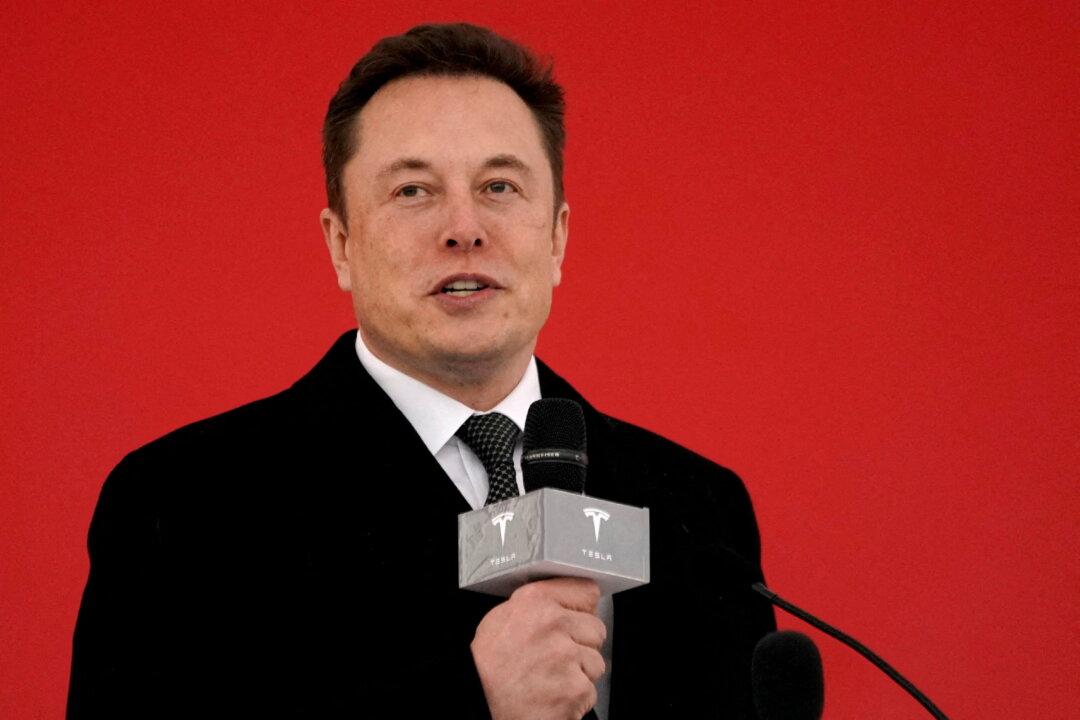Elon Musk’s X social media platform filed an antitrust lawsuit against Global Alliance for Responsible Media (GARM), a cross-industry organization that includes the likes of Mastercard, Procter & Gamble, and Unilever, accusing the group of a “massive advertiser boycott” against X.
X CEO Linda Yaccarino also confirmed Tuesday in an open letter to advertisers that X filed a complaint against GARM, the World Federation of Advertisers, and members such as Unilever, Mars, Orsted, and CVS Health. The suit was filed in a federal court in Texas.





